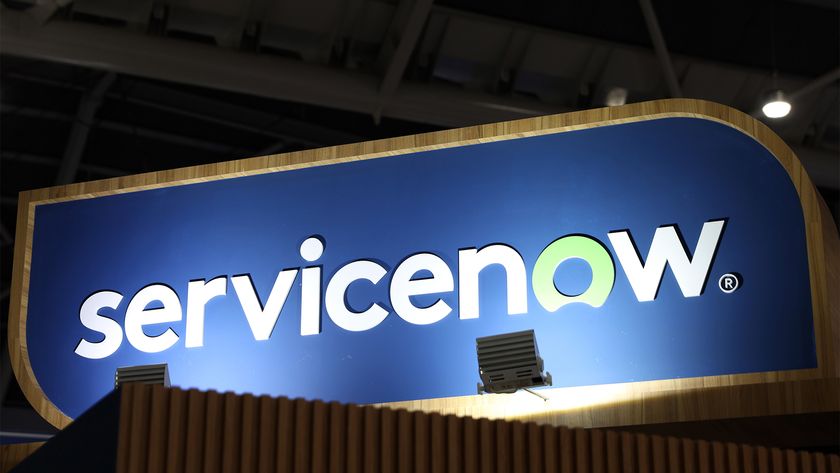Why has Intel bought McAfee?
Intel stunned markets yesterday with the announcement of a massive deal to buy McAfee. Simon Brew looks at some of the reasons why it may have done it.
There's also the argument that McAfee is the right company for the right price at the right time.
If Intel had been considering entering the security market in a big way for some time (and it's been collaborating with McAfee on projects for well over a year), then its options of this magnitude weren't too varied.
You can't imagine that Symantec, for instance, would have been affordable or interested in a deal. Kaspersky too is very much driven by the man whose name is on the building, and thus wouldn't appear to be a logical fit. McAfee, while rarely the most acclaimed of security firms, has a pedigree, a level of business and, perhaps most crucially of all, an interest in selling.
Profit
There's also another factor that has been overlooked over the past 24 hours. And that's sheer cash. McAfee is a profitable business in a growing area, that on its own is turning over $2 billion of revenue (based on 2009 figures). Granted, the income figure is at $173 million, but with the economies of scale that Intel can introduce, and the expanding of the McAfee business into other areas where Intel operates, it's not difficult to see that growing.
Security
So what word from Intel on the matter? In its own statement announcing the purchase, the firm has been playing up the security angle heavily, for obvious reasons. But it's also suggesting that its intentions are to marry together security software and hardware from one company.
Get the ITPro. daily newsletter
Sign up today and you will receive a free copy of our Focus Report 2025 - the leading guidance on AI, cybersecurity and other IT challenges as per 700+ senior executives
Interestingly, and this may be the key, it's also cited wireless security, a major issue in the marketplace and one set to grow further, especially with the likes of near field communication (among other innovations) set to grow in popularity.
It certainly offers a signal of intent as to Intel's thinking towards mobile handsets and mobile devices as a whole. For once the deal gets rubber-stamped and that won't be until next year Intel will be the only player in that market that can both offer the hardware, and the software to secure it.
















